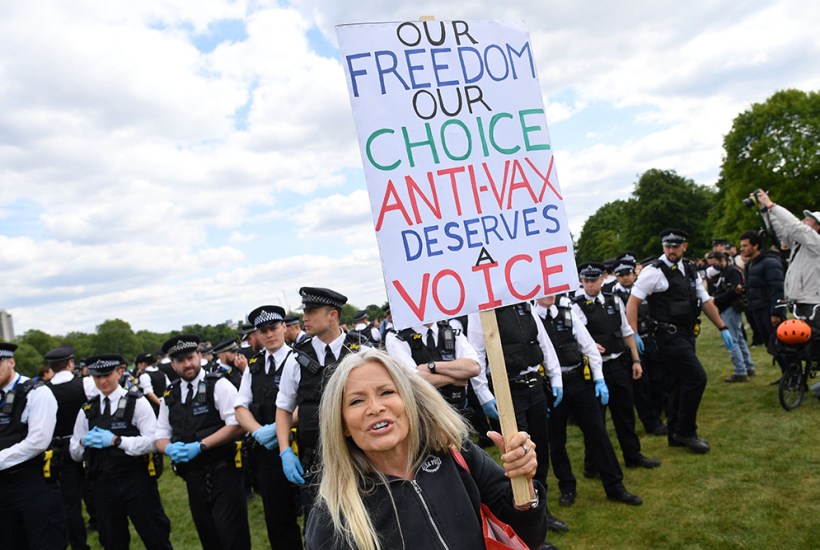The UK Health Security Agency is sufficiently concerned about the growing number of measles cases in the West Midlands that it declared a ‘national incident’ last week. According to official figures, there have been 216 confirmed and 103 probable measles cases in the region since last October. The cause? The uptake of the MMR vaccine is at its lowest level in more than a decade, according to Dame Jenny Harries, CEO of the UKHSA.
Already a subscriber? Log in
Subscribe for just $2 a week
Try a month of The Spectator Australia absolutely free and without commitment. Not only that but – if you choose to continue – you’ll pay just $2 a week for your first year.
- Unlimited access to spectator.com.au and app
- The weekly edition on the Spectator Australia app
- Spectator podcasts and newsletters
- Full access to spectator.co.uk
Or
Unlock this article
You might disagree with half of it, but you’ll enjoy reading all of it. Try your first month for free, then just $2 a week for the remainder of your first year.









Comments
Don't miss out
Join the conversation with other Spectator Australia readers. Subscribe to leave a comment.
SUBSCRIBEAlready a subscriber? Log in